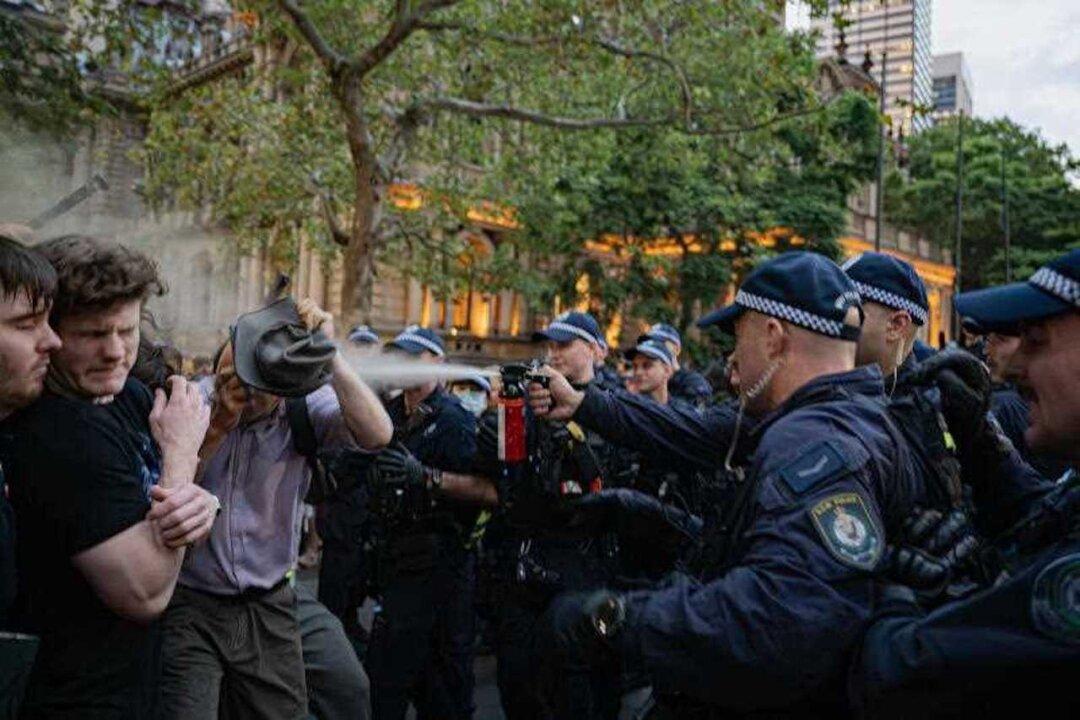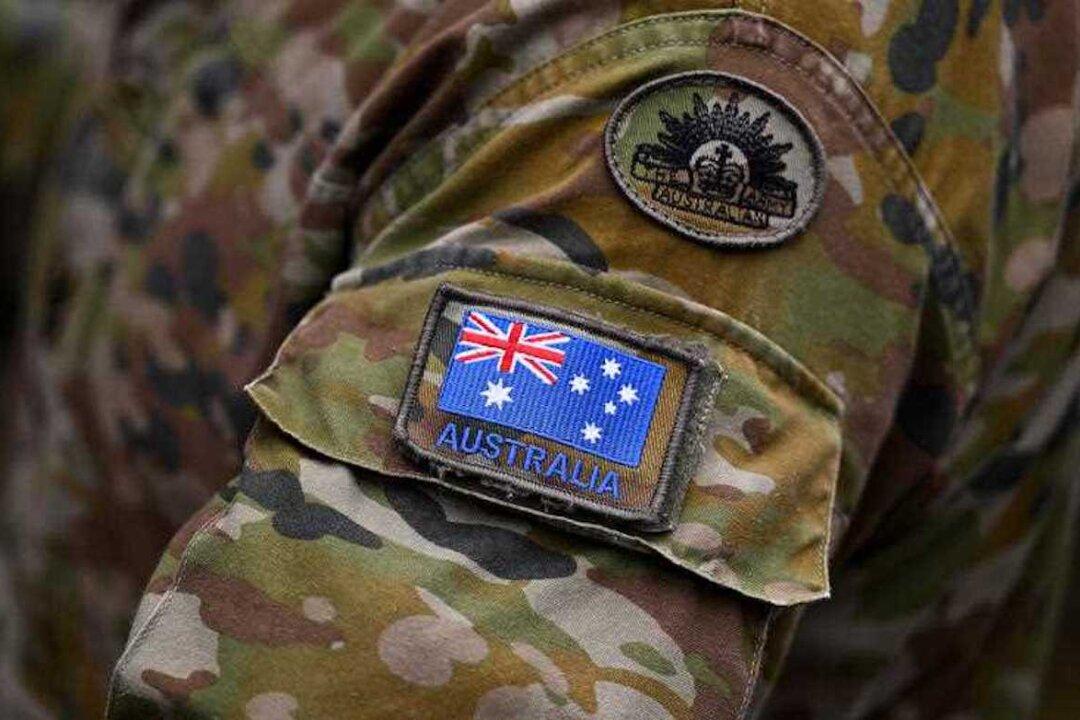Authorities are reviewing signage at a popular rock face in Sydney’s south after two women died when they were swept out to sea.
The women, both aged in their 30s, were picnicking at Yena Gap before a freak wave swept them off the rocks on the King’s Birthday public holiday.





